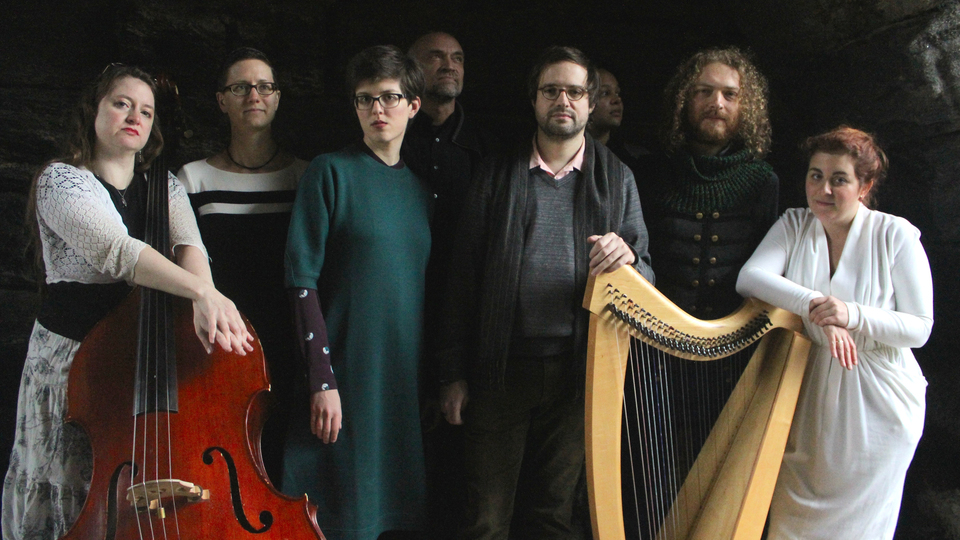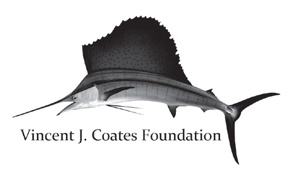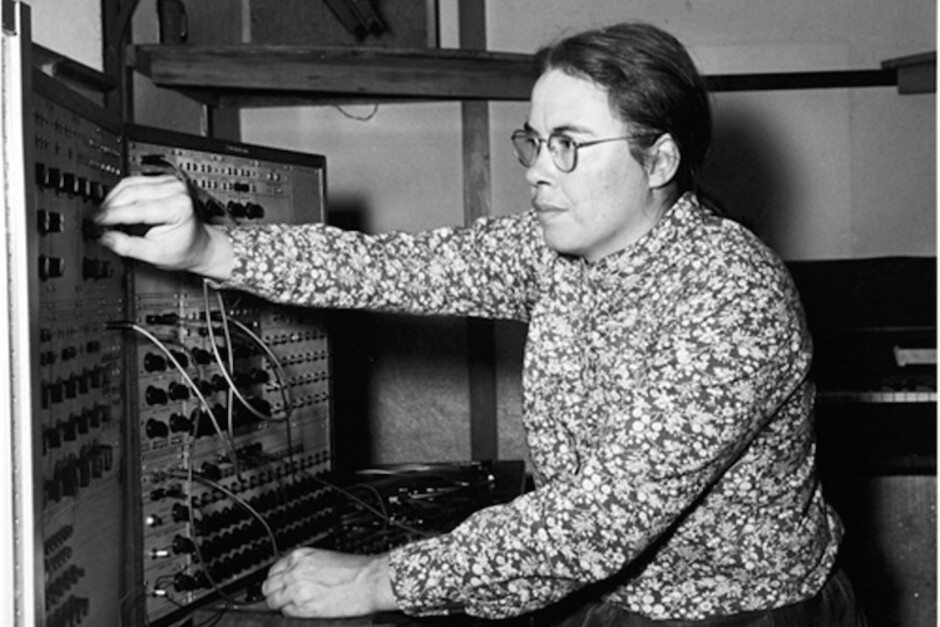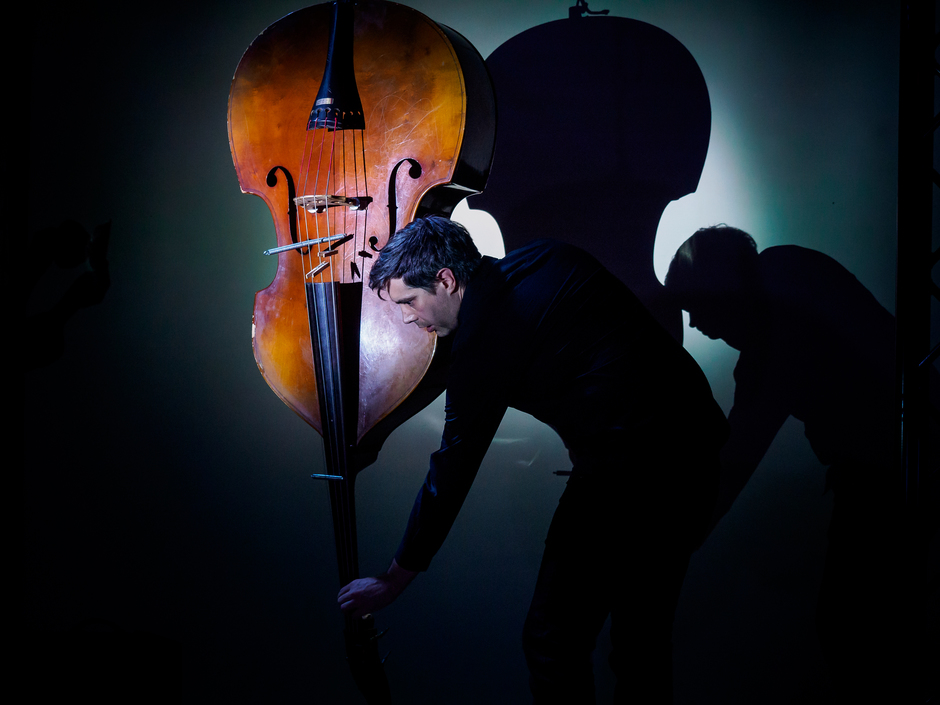
Ghost Ensemble: Arctic Air

Pauline Oliveros:
Mountain Air (Arctic Air)

I have always been fascinated with the phenomena of hearing just inside the ear and just outside the ear. I am also fascinated with the different qualities of air and how it affects hearing. Thin air, thick air, Arctic air, tropical air — all are different. Sounds are different when the air and ear is different. The focus of attention in Arctic Air is to remain on air and ear throughout the performance. The musicians are interpreting the following options selectively: Play what is just inside your ear. Play what is just outside your ear. Play the air. Play a melody. Play a rhythm (non-pitched). All the options are performed at an extremely soft dynamic. This requires very concentrated listening and musical bravery.
The text The Earthworm Also Sings was written in 1992 for the Glenn Gould Conference on Music and Technology, which took place in Toronto. The pace of the text determines the length of the piece and influences what is heard by the audience and the players. The audience may actively participate by listening with the players and journeying with the text.
Depending on the geographical location the piece takes on different titles. The first performance in 1992 was done by the Fairbanks Symphony Orchestra in Alaska and was titled Arctic Air. Subsequent performances were titled Desert Air (Las Vegas, NM), Ohio Air (Bowling Green), Tropical Air (Miami), and Canadian Air (Ottawa). — P.O.
Arctic Air is Copyright © 2013 Deep Listening Publications Anthology of Text Scores.
Courtesy of The Pauline Oliveros Trust and The Ministry of Maat (ASCAP).
Wilfredo Terrazas:
Ifigenia en
Ifigenia en is loosely inspired by the Greek myth of Iphigenia, and, more specifically, by the fact that she never got to make one single decision her entire life. In this piece, the performers/improvisers get to decide almost everything. In fact, the only thing I decided for sure was the title. The piece can be played as a solo or in any ensemble combination and it was written for Ensamble Chamizo, who gave the premiere in Mexico City in 2013. — W.T.
Wilfrido Terrazas is a Mexican flutist, improviser, composer and educator active since the early 1990s. His work finds points of convergence between notated and improvised music, and approaches collaboration and collective creation in innovative ways. He is a member of Generación Espontánea, Liminar, Filera, Spinystar and the Wilfrido Terrazas Sea Quintet. In 2017, he was appointed Assistant Professor of Music at the University of California, San Diego.
Marguerite Brown:
Nonet
Different instrumental techniques are used to convey microtonal shadings of pitches in this composition for nine musicians. The invisible process of chiseling yielded intermittent sounds that the Ghost Ensemble will transmit over the course of this performance.
James Ilgenfritz:
Apophenia V: Outmoded Large Crumbling Oval Lime-Green Midwestern Plastic-Frame Reading Glasses

The term apophenia describes humans’ tendency to perceive patterns within randomness. The Apophenia series is a set of compositions that explores the potential for a group of musicians to create coherent narrative from a set of discrete fragments of information. These fragments should be ordered differently in each performance, necessitating different solutions to the problem of creating this continuous narrative.
For Apophenia V, the subtitle Outmoded Large Crumbling Oval Lime-Green Midwestern Plastic-Frame Reading Glasses refers to the order in which English language speakers combine adjectives: opinion-size-age-shape-color-origin-material-purpose. The work is a feature for harp and contrabass, and is structured so that their operations mirror the order in which adjectives appear in a sentence. While the ten pages of composed material should be played in a different order each at each performance, the harpist and bass soloist have a set of improvisation strategies that should be followed in the same order each time, regardless of the order in which the composed material is played. — J.I.
James Ilgenfritz is a composer and bassist recognized in The New Yorker for his “characteristic magnanimity” and “invaluable contributions to New York’s new-music community.” James has performed around the US, Europe, and in Asia with his bands Hypercolor and MiND GAMeS. In 2019 he released You Scream A Rapid Language, an album of recent chamber music, which was noted in The Wire for its "glint of mischief" and ability to "foreground the performative and gestural elements of music making." Previous solo contrabass albums Origami Cosmos (2017) and Compositions (Braxton) (2011) featured music by Annie Gosfield, Miya Masaoka, Elliott Sharp, JG Thirlwell, and Anthony Braxton. James presented his music in residencies at John Zorn’s The Stone in 2015 and 2018, and in 2011 he was Artist In Residence at ISSUE Project Room.
Ben Richter:
Wind People
What else seems as free as the wind? As powerful, as gentle? As transient, as eternal? If we listen to the wind, as to the unheard corners of the world, and beyond it — oceans, volcanoes, plate tectonics, planetary magnetic fields — the sound-world that emerges shows the cosmic beauty of flux: every phenomenon, from the movement of the wind to that of continents, is constantly changing, flowing, blending together, whether visible or invisible to our current perception of time.
Through Wind People I hope to draw a sense of peace and comfort from our smallness, transience, and fragility in the face of an overwhelming immensity, the music mirroring the constant ebb and flow visible when zooming in or out to quantum or geological time. — B.R.
Ben Richter is a composer, accordionist, and director of Ghost Ensemble. In his music, sound worlds of constant transformation emerge from shifting timbre gradients and microtonal fluctuations, exploring alternative modes of time perception. Wind People, “a massive drone of lapidary detail” that “thrums, throbs, and glides with surging and ebbing density” (Peter Margasak, Bandcamp Daily), was featured on Ghost Ensemble’s LP We Who Walk Again (2018, Indexical). As an accordionist, Ben has explored the microtonal potential of the instrument through collaborations with Pauline Oliveros and Phill Niblock; his immersive just-intonation accordion album Panthalassa: Dream Music of the Once and Future Ocean (2017, Infrequent Seams) was hailed by Stephen Smoliar as “likely to offer a profound impact on the very nature of listening.”
Since its founding in 2012, Ghost Ensemble has dedicated itself to long-term study of experimental music with a focus on new perceptual perspectives that explore the experience of listening. The group has extensively explored the Deep Listening philosophy of Pauline Oliveros, collaborating with the composer to inaugurate the release of her Anthology of Text Scores at Eyebeam in 2013, and has previously premiered new works written for the ensemble by John Rot, Leonie Roessler, Kyle Gann, Lucie Vítkova, Sky Macklay, and Somna M Bulist. Ghost Ensemble’s performance techniques realize fragile, liminal sounds, produced by virtuosic performers who are experts on their instruments. These practices can only be realized through long-term collaborations between composers and performers. Tax-deductible donations to Ghost Ensemble’s commissioning project support a crucial stage of this long-term relationship between composers and performers, and help to shape its future.
Laura Steenberge is based in Los Angeles and the Bay Area. As a performer, she sings and plays viola da gamba, contrabass, piano, guitar and other things, in traditional and untraditional song styles. As a composer, she primarily writes vocal music. As a scholar she researches connections between music and language. Her current research is about the compositional practices of medieval composers of Byzantine chant, a study that has inspired a body of creative work about ritual and metaphors of the supernatural. She will be graduating from Stanford University in June 2016 with a DMA in music composition.
